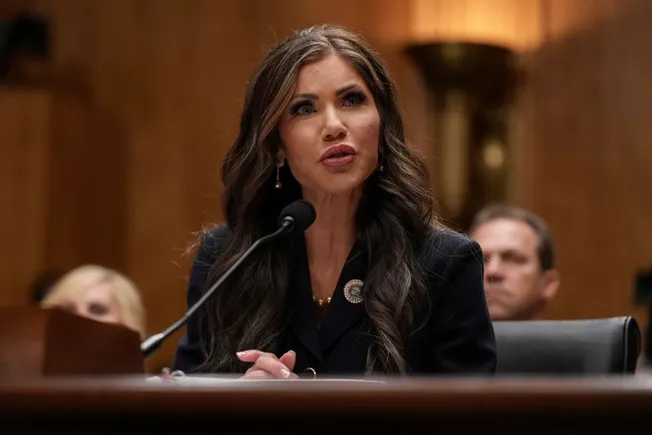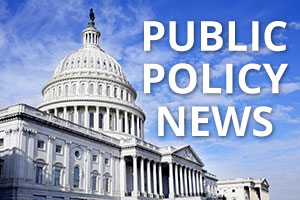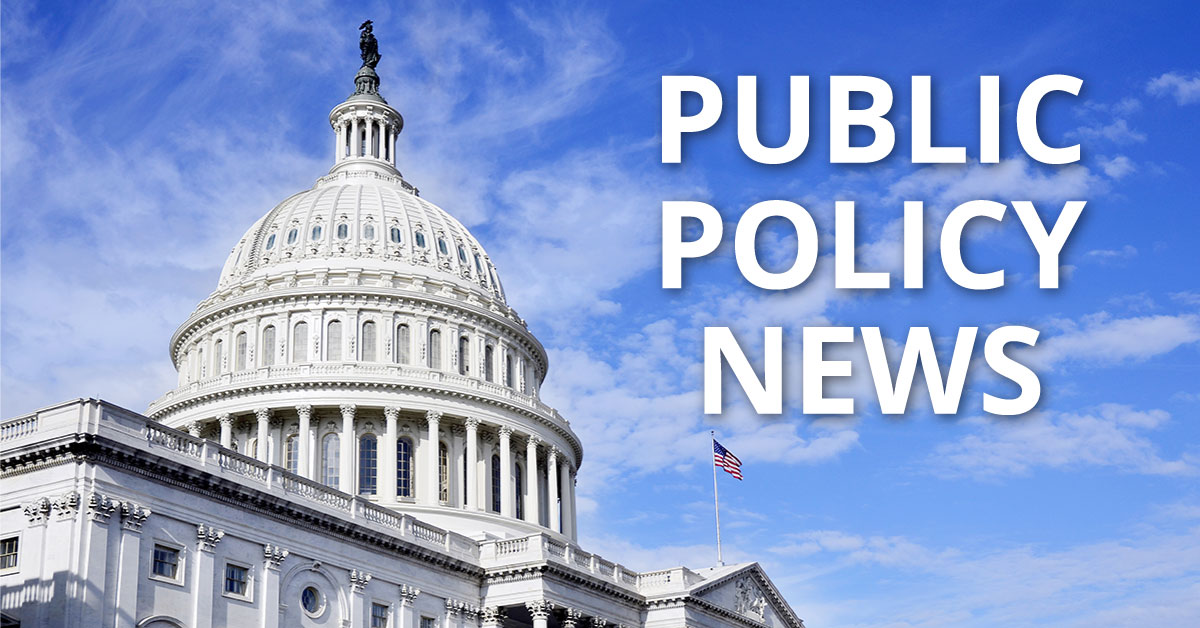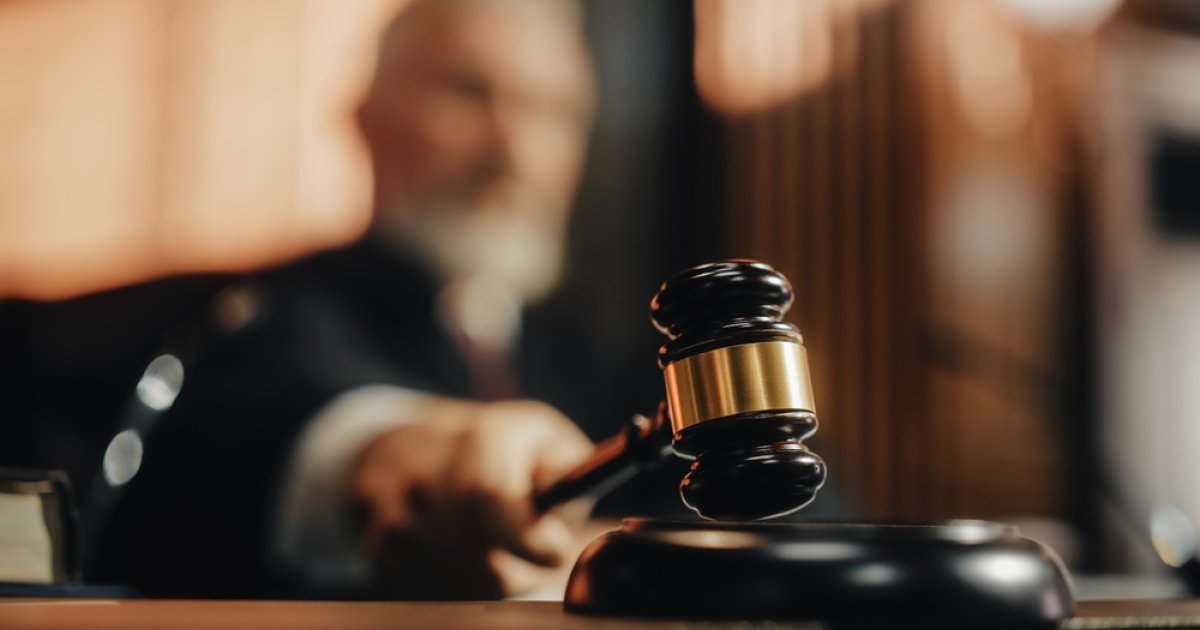Keir Starmer’s trade mission to India this week sees the Prime Minister accompanied by 14 vice chancellors and other university representatives.
They have joined the delegation, according to Number 10,
in recognition of the explosion in demand for higher education in India – with 70 million places needed by 2035, which has created a huge opportunity for UK universities seeking new funding streams.
The last couple of years have seen a loosening of restrictions on overseas campuses in India and a corresponding piling in from universities in the UK, US, Australia and elsewhere, in particular within the new Edu City development in Navi Mumbai. On the UK side, Southampton, Surrey, York, Aberdeen, Bristol and Liverpool have either opened a new campus or received the go-ahead from India’s University Grants Commission to move forward with plans for one, whether in the new education hub area or elsewhere.
The government seems keen to trumpet UK higher education’s growing overseas presence as an economic win for the country and the institutions involved. It has also shrewdly observed that some UK universities are indeed “seeking new funding streams.” The future looks bright for TNE then – right?
Overdue refreshments
There’s a school of thought which says the government’s long-delayed international education strategy refresh will lean into transnational education, although exactly what this would entail is unclear – probably more trade delegations and better intertwining of the sector’s efforts with wider diplomatic work, rather than anything as flashy as a student number target.
Jacqui Smith suggested this would be the case in remarks to the House of Lords back in December – admittedly this was when the updated strategy was due to arrive in “early spring”:
If we look, for example, at the value of transnational education, where UK universities have sites in or relationships with other countries, we see a growing sector, and these are all areas that we will want to look at in the international education strategy.
This way of thinking is perhaps stimulated by the unlikelihood of Labour’s vision for the strategy being particularly bullish in any other area. A new international student number target is surely off the cards, and while there may be aspirations around overall education export totals, such a large slice of this comes from international students’ fees and living expenses that it’s tricky to be realistic about increases if numbers don’t return to growth.
About the only thing we do know at this point about the new strategy is that it will be co-led by the Foreign Office as well as DfE and the Department for Business and Trade (the Home Office still doesn’t seem to be closely involved with the strategy – history suggests that it will suddenly have thoughts at a later date).
And while the UK trade strategy, launched just before the summer, made only passing reference to education, more recently the business department has continued funding for the QAA to address “regulatory barriers to the growth of UK higher education in priority nations.”
Doing things leanly
The future regulatory environment has begun to look more promising too, with new Office for Students chair Edward Peck telling the education committee back in March that increased scrutiny of TNE would not be a priority:
I think there may be ways of doing things more leanly, which is why I want to explore the legal framework, as I noted. There may be some things that at the moment just are not a priority. The one that has been raised with me by the sector is the interest in more regulatory activity around transnational education. I would want to explore with the OfS why that was thought to be a priority at this moment, given everything else that is going on.
The regulator’s draft free speech guidance had left the territorial extent of the new requirements somewhat vague, leading to some pointed consultation responses from sector representatives as to why they should very much not apply elsewhere in the world. But the finalised guidance in June 2025 put it bluntly:
HERA does not require providers or constituent institutions to take steps to secure freedom of speech in respect of their activities outside England.
Plus earlier this year OfS (and Medr) announced that providers would not be required to submit individualised TNE learner data to the HESA student record “until further notice”, backtracking on earlier plans intended to provide a better understanding of the quality and standards of TNE provision and thus assist the regulator to “more effectively protect the interests of these students.” The regulatory outlook for TNE looks light-touch for the foreseeable future.
The Industry and Regulators Committee inquiry into OfS was told that the regulator’s falling-out with the QAA was putting at risk future transnational education partnerships involving English providers. But the recent glut of new campuses and programmes seems to bely these fears.
Sovereign glut
To pick out a few recent examples, the last year or so has seen new overseas campuses (opening or announced) involving Exeter in Egypt, Lancaster in Indonesia, Keele and York in Greece, and all the ones in India mentioned above. There is plenty more action besides – and plenty of TNE which doesn’t follow the more eye-catching branch campus model.
Around 20 per cent of UG and PGT students registered for a higher education award are now based overseas in one form or another of TNE. We’re rapidly approaching the inflection point where there are more TNE students in UK higher education than there are international students travelling over here (in fact we may have already passed this important moment, we just don’t have timely enough data to tell us).
Despite the occasional fears that there are reputational skeletons lurking in the overseas activities of UK universities, the media spotlight is rarely turned their way. We get the occasional scare story when the Telegraph is told the student numbers involved, or occasional deeper digging when an overseas partner becomes too involved in geopolitics – but these are relatively few and far between, as opposed to the incessant drumbeat of negative coverage for many other higher education issues.
At the risk of breaking the unwritten Wonkhe rule of not writing up imagined HE futures for the second time in a week, you can see a world 20 years hence in which transnational higher education has gone from strength to strength, with UK universities having continued to grow their overseas offer, and the proportion of higher education students whose awards come from institutions outside their country of study ticking ever upwards.
The UK can benefit from its huge pool of expertise in getting programmes off the ground – and plenty of experience in what can go wrong, if it’s able to learn from it. If the government leans in, the regulators stay largely unengaged, and the press generally continues to ignore the detail of what happens elsewhere in the world – it feels plausible.
Rescue me
But there are clearly challenges. Jisc’s new survey of staff and student digital experiences in TNE is a rare window into actual teaching and learning environments at a decent scale (more than 5,000 responses from a wide variety of countries and provision types).
Staff and students alike reported fairly widespread problems logging into university systems, accessing e-books, journals and software, and restrictions to certain apps or websites. One-third of teaching staff said that unreliable wifi negatively affects student learning – a “significant proportion” of TNE students were found to be paying cellular data costs to access learning resources via smartphones. Of the teaching staff surveyed, only 32 per cent said that most or all students had an understanding of acceptable use of generative AI.
It’s not all directly about tech either. Students highlighted unclear marking criteria, especially for those learning online, and some mentioned a lack of feedback. The report has two examples (both in China) of students being placed in “potential danger” from the government due to political content of their past or present assignments. There’s an example of synchronous content from the UK being packaged up as an asynchronous programme for learners abroad in a way that hardly screams high quality.
Some of the issues that emerge are simply around the challenges of delivering university study which is ever more designed around access to tech in places which suffer from moderate to high digital poverty. But others – and it’s these you’d be interested in if prognosticating about future trends in TNE – revolve more around the extent to which the world is becoming more or less technologically, and intellectually, open. You wouldn’t want to bet the farm on models of learning which suppose that internet access internationally is going to become more open, or that the same countries’ companies will continue to enjoy the same access to developing markets that they have over the last decade or so.
The problems aren’t all insurmountable – the Jisc report emphasises the opportunities of transnational licensing agreements and the importance of the sector setting up publisher agreements in a way that doesn’t forget that it has thousands of students in different domiciles.
If regulators began to take a closer interest in TNE student experience (and other topics such as assessment and feedback, or academic freedom), the report spells out some areas where there would be a greater impetus for action. Though many of these issues have not really been effectively tackled for UK-based students either.
Travelling long haul
Practicalities of staff and student experiences aside, there are plenty of sensible reasons why TNE isn’t a policy solution to the UK higher education sector’s wider funding challenges, a claim the government seems to be flirting with in its trade deal boosterism.
The chance to relitigate the question of how much it costs to deliver higher education, and at what fee, to students studying in their home country is an enticing one, given how the various UK governments have boxed universities in from doing so here. There may be more margin available in some instances – but there are certainly plenty of examples of institutions losing more than they put in, even if they are not public-spirited enough to fess up and enhance everyone else’s understanding of what not to do.
The long-term stability of programmes is unclear too. The risk of big geopolitical upheaval changing the landscape in one fell swoop is fairly well-trodden ground at this point (even if it still gets ignored in planning) but smaller policy changes – take Malaysia’s recently instituted tax on international students as but one example – can also make the difference between viability and non-viability. Another clear direction of travel in global TNE is competition: countries who have typically been hosts pivoting into setting up their own initiatives. Transnational education might be ubiquitous in global HE in 2050, but this doesn’t translate to UK institutions necessarily enjoying an ever-upward trajectory.
The other point that gets largely overlooked is what this hypothetical boom in TNE looks like across the sector – it’s surely unrealistic to see all, or even most, universities with mature transnational offers a couple of decades hence, in the same way that other export industries don’t have a plethora of successful UK actors on the world stage. A more compelling prediction would be a relatively modest number of institutions getting TNE “right” for the longer-term, leaving the others to focus on all that stuff the government wants but doesn’t fund: more civic and local focus, the (re)building of links to local economies and businesses, an ever more ambitious role in enabling opportunity in the UK on a shoestring.
So TNE might well be an enormous part of UK higher education’s future – but you’d have to predict that for many individual universities it will certainly not be, however much the government might want to trumpet its potential role as a new funding stream. This complicates any efforts to use it as a policy plug for a sector taking on water.







